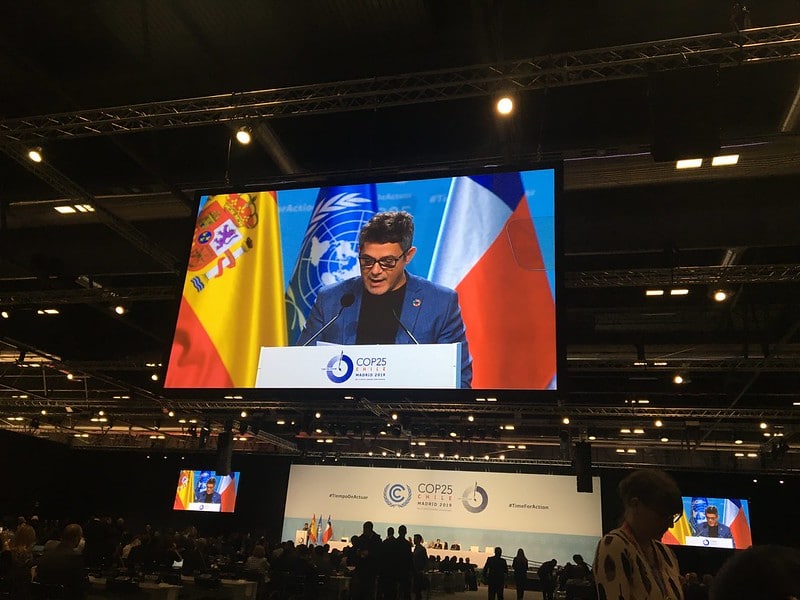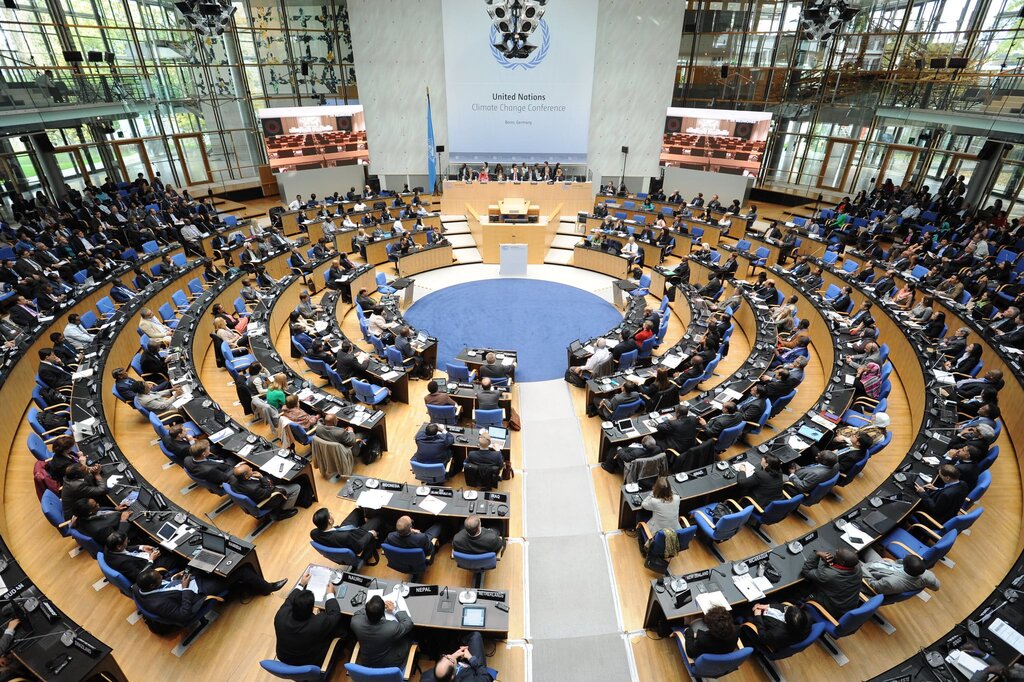After a year’s delay due to the COVID-19 pandemic, this year’s UN climate change conference COP 26 is more crucial than ever to place international pressures on countries around the world to accelerate climate change action.
—
What is the UN Climate Change Conference or COP 26?
The United Nation Climate Change Conference UK 2021, otherwise known as COP 26, is a critical global climate change summit where 197 parties converge under one roof to accelerate actions to mitigate climate change and meet goals made in the Paris Agreement and the Kyoto Protocol.
Hosted in the Scottish city of Glasgow in the UK, this year’s global climate summit will take place throughout October 31-November 12, featuring tens of thousands of government representatives, businesses, activists and citizens coming together to meet and agree on how to accelerate action in limiting global warming to below 1.5 degrees compared to pre-industrial levels by the end of the century.
Under the Paris Agreement signed at COP21 in 2015, countries have made a commitment to submit national plans on how and the amount they would reduce their emissions. These are known as Nationally Determined Contributions, or ‘NDCs’. Signatory countries also agreed to come back with an updated plan every five years that would reflect their highest possible ambition and pledge stronger climate commitments.
The UN has been bringing the world’s nations under one roof in these COPs, which stands for Conference of Parties, for nearly three decades. COP 26, originally scheduled to take place in 2020, was delayed due to the COVID-19 pandemic. While the climate change conference expects most major parties to attend in person, some sessions may be held online as a result of travel restrictions and coronavirus risks borne from variants.
Aside from the salient goal of capping global temperature increase to below 1.5 degrees, COP26 has also several targets for countries to achieve, they are:
- Secure global net zero by mid-century. Countries will need to accelerate the phase-out of coal, curtail deforestation, accelerate transition towards electric vehicles, and encourage investment in renewables.
- Protect communities and natural habitats. This will require building resilient infrastructure and agriculture, and setting up efficient warning systems.
- Mobilise finance. Developed countries need to mobilise at least $100 billion in climate finance per year by 2020.
- International collaboration. Countries must work together to accelerate action to tackle the climate crisis through collaboration between governments, businesses and civil society, as well as finalise the Paris Rulebook.
Why is COP 26 So Critical?
Since the signing of the Paris Agreement, COP 26 will be the first time signatory countries are coming together to assess their progress, provide updated NDC plans, and pledge more aggressive climate action.
The UN climate change conference is also taking place in the wake of – though many would argue that we’re still in the midst of – the coronavirus pandemic, which brought to light a number of worrying trends and issues, including rates of greenhouse gases emissions and environmental pollution.
Furthermore, the climate change conference follows after the damning Intergovernmental Panel on Climate Change (IPCC) Report published in August 2021, which reveals global temperatures will very likely rise 1.5 degree Celsius above pre-industrial levels by 2040, and atmospheric carbon dioxide levels in 2019 have reached concentrations higher than at any time in at least 2 million years. If the report is a “code red for humanity” as the authors have warned, then the agreements made and pledged at COP 26 will be the world’s response.

You might also like: What are the Dangers of Holding COP26 Virtually?
However, the road to COP 26 has not been smooth sailing. It was delayed a year due to the pandemic, which allowed countries to relax climate change targets and potentially slowed down progress in emissions reduction. Several of the world’s largest emitters, including China, India and Saudi Arabia, failed to submit their updated climate pledge and climate action for 2030 before July 31 – a deadline which has already been delayed. Only 110 countries, equivalent to just over half of the countries that have committed to the Paris Agreement, have made the deadline.
These major emitting countries have also displayed signs of reluctance to committing concrete climate action in recent months. India pushed back on calls for their country to set and commit to net zero emission goals, and argues that responsibility should lie with rich and developed countries. Representatives from India also skipped a key pre-COP conference in London earlier in July. Similarly, the Saudi Oil Minister Prince Abdulaziz bin Salman recently dismissed the International Energy Agency’s net-zero pathways report as “La La Land” and vowed to drill “every last molecule” of oil in its possession.
COP26 will provide a crucial stage to place international pressure on the world’s largest emitters and push countries to pledge much stronger and aggressive climate action.
Potential Obstacles
As COVID-19 is still very much active around the world, with new, often deadlier variants of the virus emerging every few weeks, safety and testing protocols are of the utmost importance at the global climate action summit. The sluggish global rates of vaccination could impact the attendance of delegates and negotiators, as do international travel restrictions. This could result in having crucial talks being held virtually.
Earth.Org has previously discussed the dangers of holding the conference virtually, even for a small number of delegates and talks. Technical difficulties and time delays are to be expected, which makes it all the more challenging for countries to negotiate new agreements in tackling the climate crisis.
Featured image by: Flickr


















